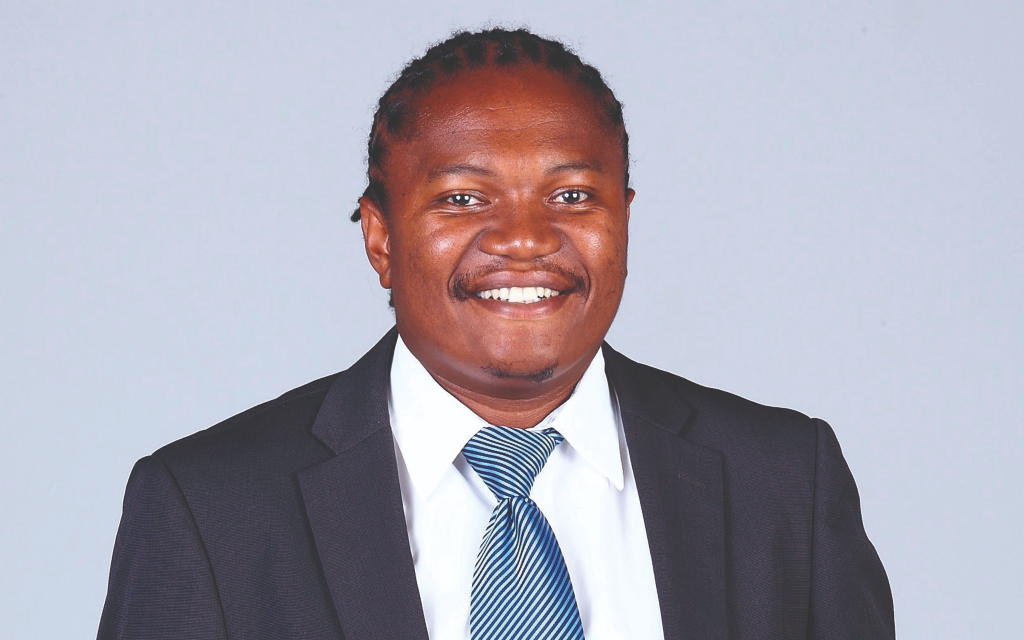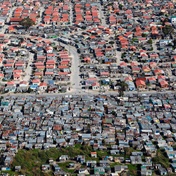
Divisions within the black business community need to be mended for a strong and effective collective to emerge.
A day before President Cyril Ramaphosa announced a national lockdown on 23 March, aimed at curbing the spread of the Covid-19 pandemic, the president met with business at the Union Buildings to discuss mitigating the impact of the disease on the South African economy.
Before the meeting, Ramaphosa, flanked by a high-level business delegation, held an impromptu media briefing to let the nation know that he was holding consultations with political, business, and labour leaders to formulate a powerful response to the deadly disease. Since then, the virus has claimed the lives of 348 322 people globally including 533 South Africans at the time of going to print.
The business delegation constituted Martin Kingston, vice president of Business Unity South Africa (Busa); Sandile Zungu, president of the Black Business Council (BBC); and Richard Wainwright, deputy board chairman of the Banking Association of South Africa (Basa).
The meeting was instructive, not only because our country is facing a grave health and economic threat, but also because the composition of the business delegation was telling. The invitation of the BBC by Ramaphosa to the meeting signified that he considers the lobby an important cog in the business sector in our country.
But has the group come of age as a mouthpiece for black business since it was re-established nearly a decade ago following an acrimonious breakaway from Busa by rebellious black affiliates, led by the Black Management Forum (BMF)? They walked out, accusing Busa of serving the interests of big white business and neglecting the needs of black businesses, particularly the advancement of black economic empowerment (BEE).The BBC ceased to exist in 2003 after it joined what was supposedly a non-racial Busa.
From a distance, it appears that the BBC has made serious strides to make a claim of being considered the main voice of black business in SA. But has it?
A closer look suggests it is not the unified and militant force that it once was when it took on big white business and courted government to implement policies that favour BEE. Sure, after cutting its umbilical cord from Busa in 2011, the re-established BBC quickly gained support among its members as it whipped up emotions, calling for the creation of black industrialists, criminalisation of BEE fronting, scrapping of the preferential procurement policy, and establishment of the department of small business development to stimulate black entrepreneurship, which had been playing second fiddle to the politically-connected elite taking up minority stakes in white- owned, JSE-listed companies.
But, over time, the lobby group has lost its shine after an internal power struggle led to a split in the group. In 2018, one of its major affiliates, the National African Federated Chamber of Commerce and Industry (Nafcoc), walked out after it complained about the results of an elective conference, which led to its leaders failing to occupy key leaders leadership positions in the BBC. Tensions were so palpable that opposing factions levelled allegations of death threats against each other.
Their rivalry extends to competing for official representation at the National Economic Development and Labour Council (Nedlac), the apex structure that deliberates to build consensus on policy and legislation that our country adopts. The irony of BBC and Nafcoc jostling for a Nedlac seat is that Busa is empowered by the Nedlac constitution to decide on whom forms part of business representation at Nedlac.
Without the blessing of Busa, none of the two black lobby groups will have representation at Nedlac, unless the constitution of the consultative body is amended to strip Busa of the powers to cherry-pick representatives it wants to be part of business representation.So, the umbilical cord that BBC thought it had cut from Busa was never really slashed. It is still there. The BBC must still get permission from Busa to sit in Nedlac meetings, meaning that Busa is still the top dog and BBC the underdog.
A divided black business community is unlikely to effectively challenge the voice of white business. There will always be areas of cooperation between black and white business, but the fragmented black business community is weakening its ability to develop black industrialists and its contribution to expanding the black middle class. To strengthen their collective position, Nafcoc and BBC need to mend their relationship.
The government’s response to the Covid-19 pandemic through an R800bn stimulus package presents an opportunity to reignite black economic participation whereby a portion of this money could be used to develop sustainable black businesses. The package is part of the second phase of policy response to economic damage caused by the coronavirus. A third phase will involve heavy state investment in infrastructure development in a post-Covid-19 economy that will employ mainly South Africans.
Nafcoc is already agitating for companies to be mandated to employ 80% to 90% SA citizens in their operations and that all non-South African-owned businesses be licensed and registered for tax. This is a view also held by finance minister Tito Mboweni, namely that the country’s workforce must be overwhelmingly dominated by South Africans. However, if BBC and Nafcoc continue to fight, this vision will fall flat and black business will remain a chihuahua still chasing after bones while the bulldog that is white business enjoys a rump steak.
Andile Ntingi is the chief executive and co-founder of GetBiz, an e-procurement and tender notification service.




 Publications
Publications
 Partners
Partners












